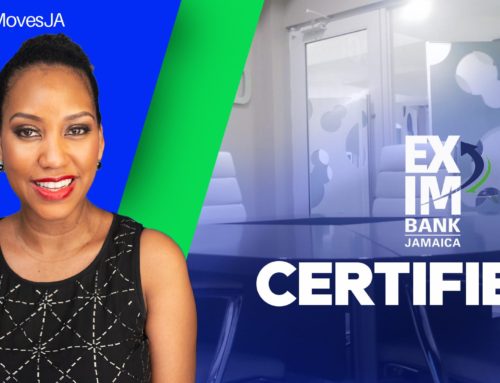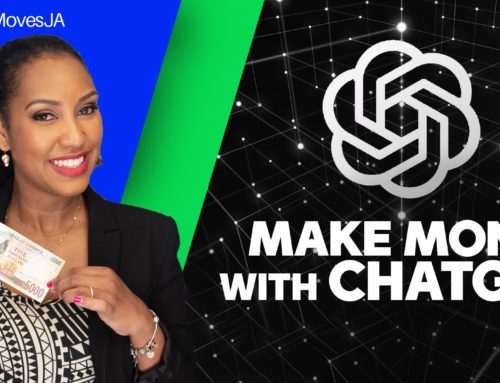We all should be treated equally in the workplace, but is that the same for disabled employees? Joining me now to discuss how we should treat people with disabilities in the workplace, we have Head of the Jamaica Council for Persons with Disabilities, Dr. Christine Hendricks.
Disabilities Act
The Jamaica Council for Persons with Disabilities (JCPD) says it provides grants to people with disabilities to help them transition effectively into a new job.
Head of the JCPD, Dr Christine Hendricks said grants of up to $250,000 are available for persons to purchase any device needed to carry out their job.
Speaking with Kalilah Reynolds on MoneyMovesJa, Dr Hendricks said that employers should not be afraid to ask persons with disabilities how they would function in the job.
“Of course, there can be a conservation about the disability because some employers may not have been involved with persons with disabilities before. So they would be curious as to how the person would function,” she said.
“But once we get over that it should not be a case where they (the employer) are like ‘how you manage’; speaking down to the individual and focussing more on the disability rather than on the individual and the job,” she added.
On the other hand, Dr Hendrick said employers should not feel pressured to hire someone based solely on the fact that they are disabled.
“It doesn’t mean that a person is hired just because they have a disability. They should be hired to match the job functions that they’re asked to do,” she said.
She noted that depending on the person’s disability, whether physical or intellectual, they may be excluded from consideration, if they won’t be able to carry out the job functions.
“Discrimination comes in if the person matches the job description and they are able to function but they aren’t hired because they have a disability.
Discrimination in the workplace is one of the topics address in the long awaited Disabilities Act.
The legislation, which was passed back in 2014, came into effect on February 14.
“For employers, it is important that they don’t discriminate in their hiring practices,” Dr Hendricks said.
“So straight through the hiring process from the advertisement, to the person coming into the organisation, the training and development that takes place within the organisation, the person with the disability should have those opportunities,” she said.
She noted that the agency has received complaints about discriminatory hiring practices, however, it is hard to prove.
Hendricks encouraged employers to speak with the JCPD so they can provide guidance as to how to best serve their employees and potential employees.
“You can have a conversation with the JCPD and say ‘I’m hiring and in my slew of candidates I have someone who is blind, or deaf or uses a wheelchair or has autism. What do you think? What are the devices that might be needed? What is the investment that I would need to make?’,” she explained.
Hendricks pointed out that not all disabled persons will need special devices to properly function in the work environment. She re-emphasised that a respectful conversation with the prospective employee could provide a lot of clarity and understanding.
She said that the agency is fully aware that it will take some time for widespread implementation of the Disabilities Act and for all of society to fully grasp and understand the various needs of people with disabilities.
“That is the reason there will be codes of practices that are available to guide persons to see ‘how should I navigate this new environment that we’re in,” she said.
Visit EXIM Bank’s Business Advisory Service at:
https://eximbankja.com
AUDIO ONLY
Recommended for you


















